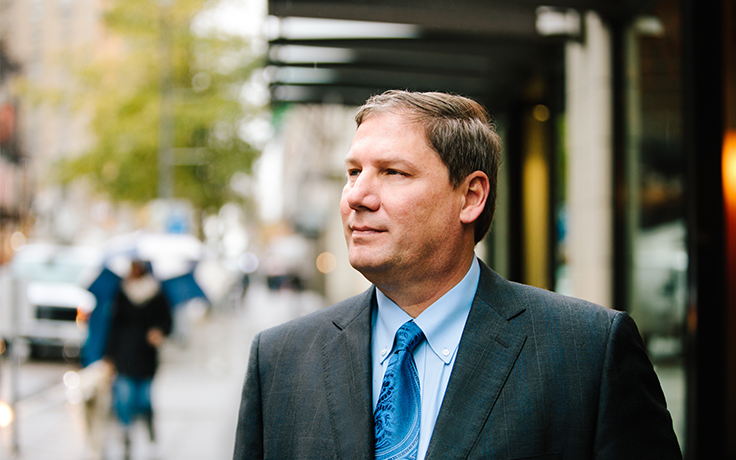August 17th, 2020
Our decades of work in property management have taught us to prepare for the unexpected.
The rise of Covid-19 put everyone in uncharted waters. Our property management team had its first big test in early March when an individual at a downtown Seattle high-rise was considered “presumptive positive.” At that early time in the virus’s trajectory, both URG as property manager and the tenant had more questions than answers about how best to protect people.
This first real-time engagement with the virus taught us to ask detailed questions about casual versus prolonged contact and whether the contact was primary or secondary. We learned this crisis was going to be fluid and require a strong, sustained response with ongoing and consistent re-evaluation as information from authorities changed almost daily.
We developed an approach that favored overcommunication with tenants. We created our own internal protocols incorporating CDC guidance, as well as information from local health officials.
Our protocols included direction and guidance for our own personnel as well as tenants of our buildings. We provided links to resources to inform our tenants about the latest expert guidance. Finally, we established the protocols around reporting of confirmed or suspected cases of Covid-19. This remains a critical action; infected individuals need to inform the local health authorities of new cases.
We also quickly learned that single-tenant preparation was very different from a multi-tenant building and as such, developed tailored response strategies based on the specific individual protocols of the tenant. Single-tenant buildings allow for consistent protocols to be adopted over the entire building versus the common area/tenant space separation that can sometimes be the case in a multi-tenant situation.
Like many in the property management industry, we created a formal return to workplace guide for tenants with more detailed information on new building operation procedures and new expectations of our vendors and tenants.
This included weekly emails with new, pertinent information as well as regular communication of new building procedures.
We also encouraged tenants to establish attestation forms for anyone entering their space to help with contact tracing if necessary.
Lastly, signage felt like an important part of the communication package, and we created a suite of signs to inform tenants about what to expect and ease apprehension.
Across the 9.6 million square feet we manage in Seattle and Bellevue, we now know every tenant is approaching the management of their office protocols and work-from-home scenarios differently.
These are the trends and the opportunities we believe lie ahead for management of office buildings:

